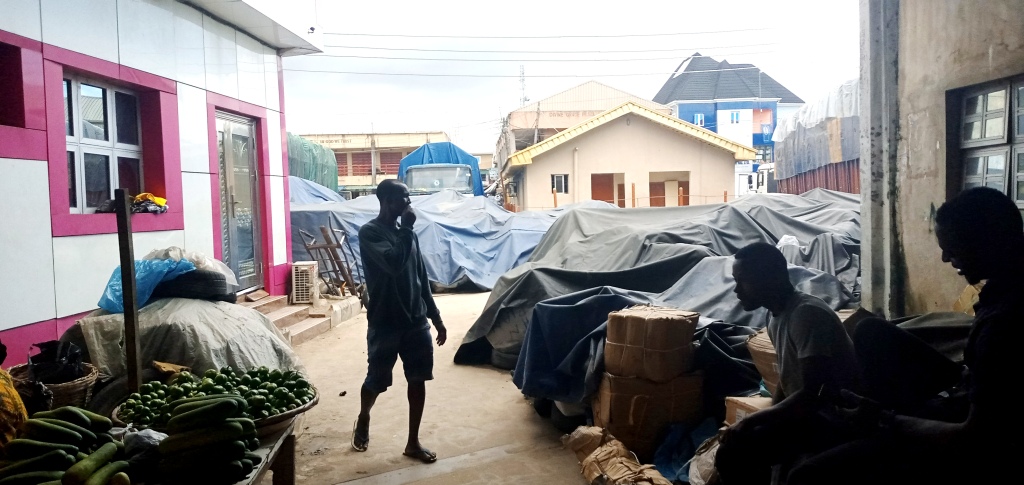Getting to three months, it became clear to ECOWAS Countries that Nigeria means business in shutting its land borders.
Though diplomatic processes seem to be ongoing at governmental levels between Nigeria and most affected neighbours including Togo, Benin, Niger and Ghana, ordinary citizens who are into businesses that survive along the trans-ECOWAS borders are no more laughing.
Yesterday, report emerged that the Federal Government met with delegations from Niger and Republic of Benin over the closure of land borders by Nigeria since August.
Additional details showed that the Tripartite Committee Meeting by the Foreign Ministers of Nigeria, Benin and Niger Republic is considering the conditions put forward by Nigeria before the land borders could be re-opened for goods importation.
Key of the conditions is that none of the neighbor shall allow the use of their ports to ship in Nigeria-bond goods which will be moved in via the land borders unless there is not less than 30 per cent verifiable input by the neighbour.
Minister of Foreign Affairs, Geoffrey Onyeama is leading the Nigerian team in the parley which is holding at the ECOWAS Commission Secretariat in Abuja.
However, on the ongoing civilian response or retaliation to the unilateral policy of border closure, Nigerian goods and exporters have started counting their losses as nationals in countries highly affected have started rejecting Nigerian cargoes and goods produced in Nigeria, saying if theirs cannot enter Nigeria, Nigerian products have no place in their markets.
Already, there are unconfirmed reports that in a particular country (name with held), trading associations have started locking up shops owned by Nigerians’ with an ultimatum for Nigerian nationals to leave on or before end of the month.
Checks across major manufacturing concerns that have ECOWAS markets as main targets in Nigeria show that serious drop in outputs have been recorded since October. The findings revealed further that as days go by, drop in outputs increases due to blocked market access.
Besides, a tour of trading plazas inside the massive Lagos International Trade Fair complex, Badagry Expressway showed that over 35 per cent of shops had been in lock and keys due to the border closure apparently because supplies across the border cannot be feasible again.
There were loads and loads of goods planned for waybill laying stranded at the international haulage sections of Auto Spare Parts and Machinery Dealers’ Association (ASPMDA), Balogun Business Association (BBA), Tools and Hardware Trade Centre (THTC), Association of Progressive traders Association (APT) and others.
According to the Chief Executive Officer of Multi-mix Academy, an export oriented institution, Dr. Obiora Madu, he noted in an interview that Nigerian exports within the ECOWAS region is decreasing due to the border closure.
According to him, “It is definitely impacting negatively on the economy as the exports done within the ECOWAS region and our neighboring countries are now in decrease.
“These countries that benefit from the open border, since we have closed it, even though we used to export to them before, you don’t expect to get the level of cooperation that we are getting before because they are hit hard by these closed borders”.
He further admitted that exporting generally is becoming difficult as cargoes are now undergoing careful examinations before leaving the shores of the country. This, he said, has also impacted negatively on the volume and speed of export.








